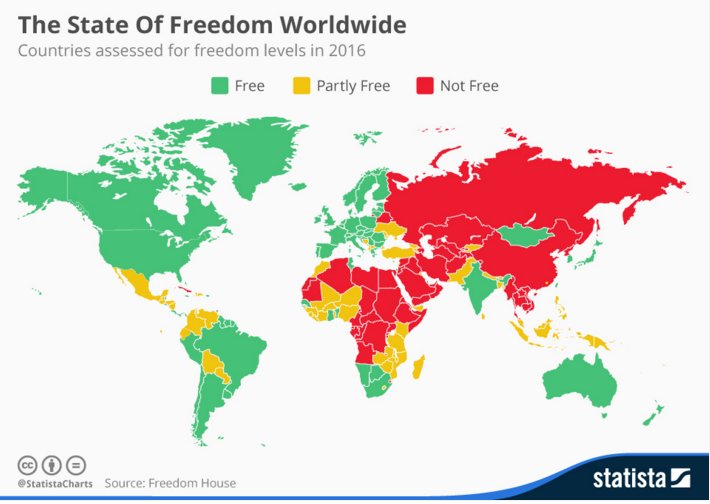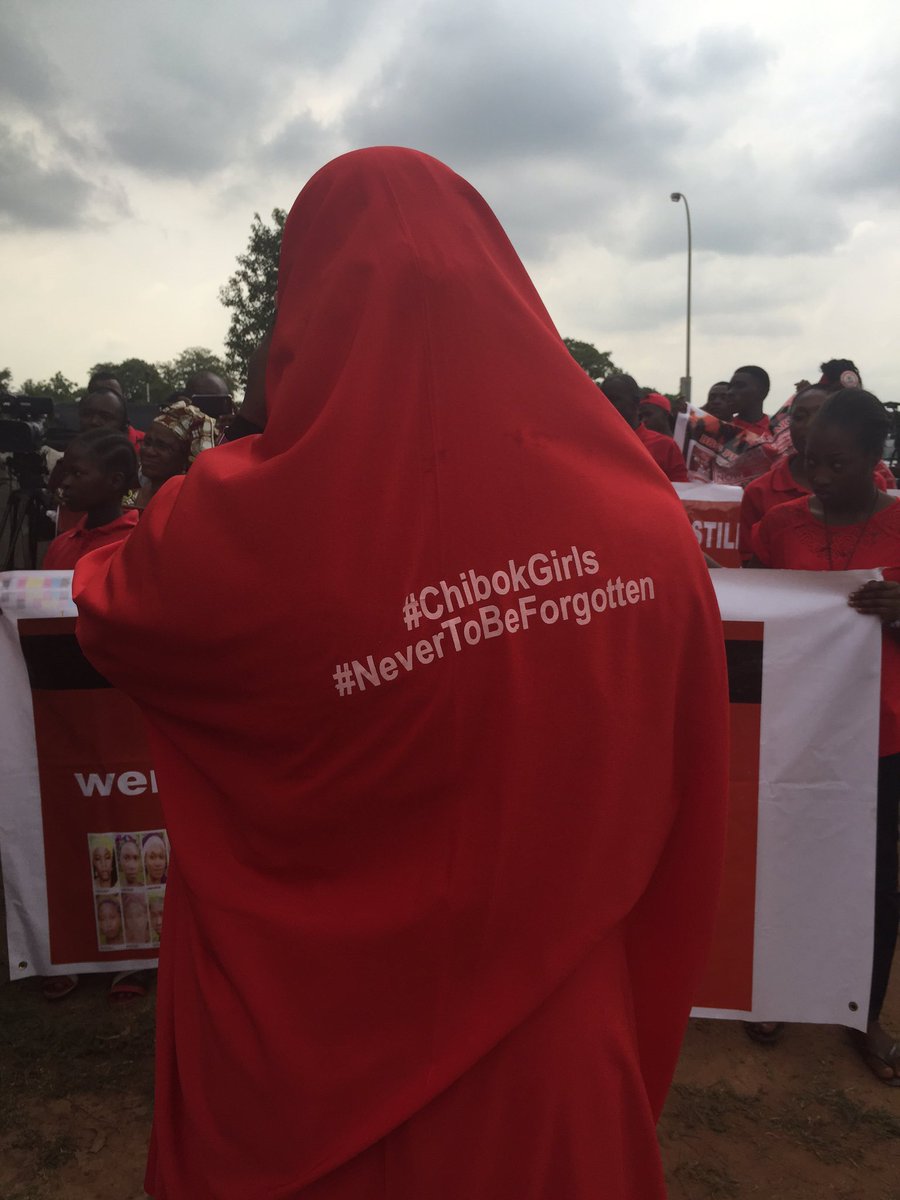It is being reported by multiple media outlets that the TV channel A&E will next January air a docuseries on the KKK with the apparent intention of creating dialogue around the KKK. When was the last time America held a dialogue with the KKK? How can dialogue be held with racism? Racism is not a thing for dialogue; the only fitting way to respond to racism is to condemn it. Racism in America is built on White supremacy which has no better champion than the KKK. This group defended White supremacy in America with all the violence and law they could muster. Enjoying electoral victory in Donald Trump a shameful worldview that should have no place in a civilized society is now being normalized by the media.
That is why White supremacist groups and leaders are now being called alt-right or White nationalists instead of the rabid racists that they are. And so Jeff Sessions of Alabama, who was not fit to be a federal judge thirty years ago because he was judged to be a racist and in bed with the KKK, is now going to become the attorney general of America. With the support that the media gave to Donald Trump, it should now be apparent to all that the media would lend its support to any movement that would bring it money. This is about making money because racism is becoming a lucrative business in America once again. The airing of this show has nothing to do with generating discussion because the proper response to racism is to denounce it not to discuss with it. Racism is not a different opinion as White supremacists are now trying to rebrand it; it is a degenerate worldview that must be denounced. This show ought to be denounced and boycotted.
That is why White supremacist groups and leaders are now being called alt-right or White nationalists instead of the rabid racists that they are. And so Jeff Sessions of Alabama, who was not fit to be a federal judge thirty years ago because he was judged to be a racist and in bed with the KKK, is now going to become the attorney general of America. With the support that the media gave to Donald Trump, it should now be apparent to all that the media would lend its support to any movement that would bring it money. This is about making money because racism is becoming a lucrative business in America once again. The airing of this show has nothing to do with generating discussion because the proper response to racism is to denounce it not to discuss with it. Racism is not a different opinion as White supremacists are now trying to rebrand it; it is a degenerate worldview that must be denounced. This show ought to be denounced and boycotted.








